

October 03, 2023
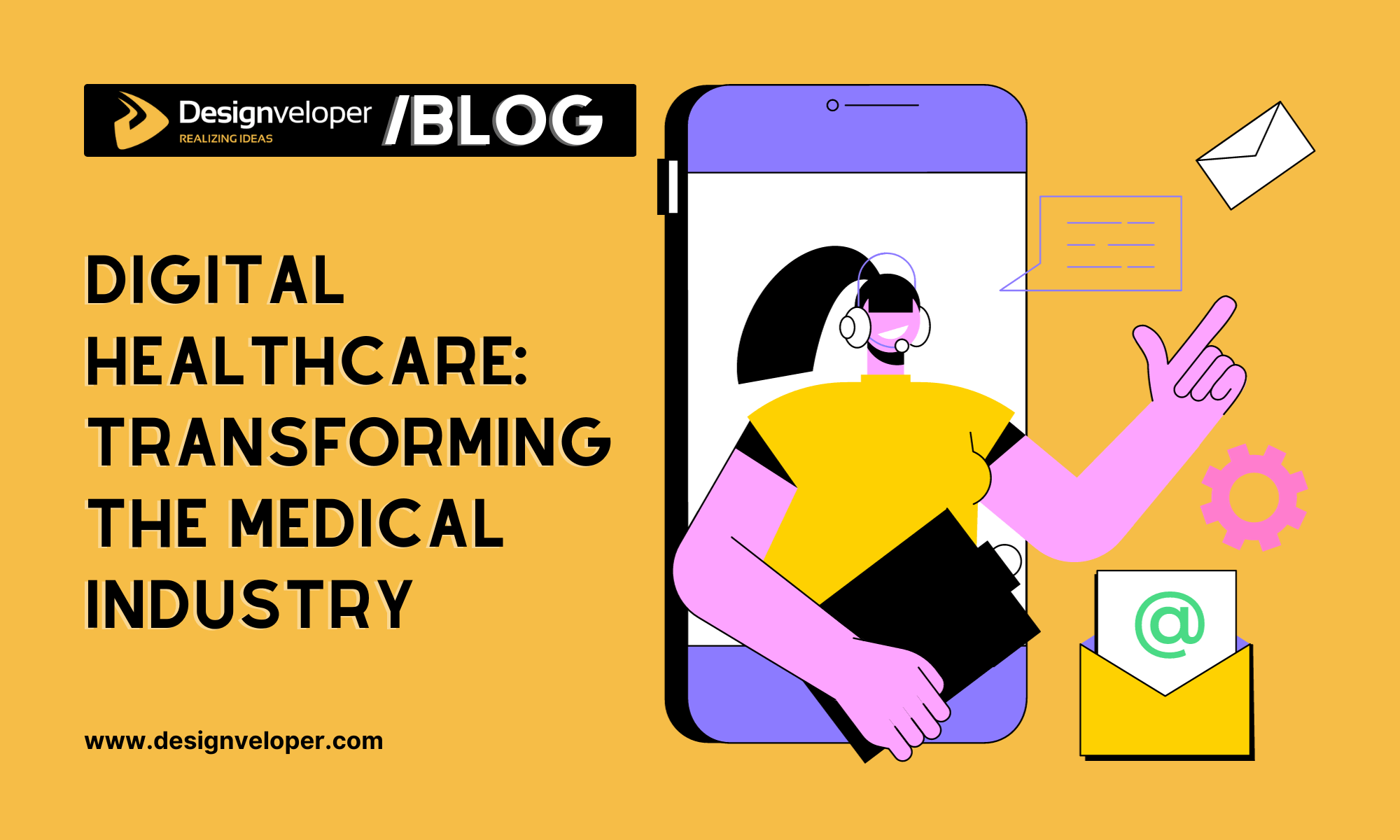

The healthcare industry has been slow to adopt new technologies, but this is about to change. Digital healthcare is an umbrella term that encompasses all of the different aspects of using technology to improve care and make patient records easier to access. As more people become aware of how digital technology can transform healthcare, they’ll start demanding better services from their doctors and hospitals. Here are just some ways how digital healthcare will help patients:
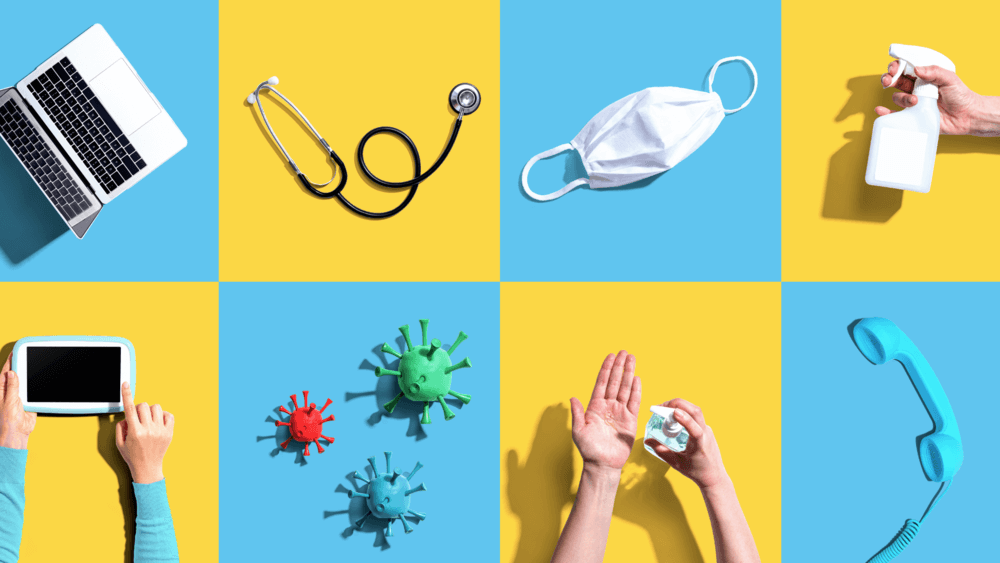
Healthcare is expensive. Medical errors are common. And technology is changing the way we do things, from how we access care to how we track and manage our health.
But that’s not all: patient expectations are also changing. Patients want more choice and control over their own care–and they want to be involved in it too! They want to be informed about what’s going on with their bodies, not just told what they need done by the doctor (or nurse practitioner).
So how can you make sure that you’re keeping up with these changes? By getting digital healthcare!
Get Digital healthcare will improve patient care in a variety of ways. Patients will have access to more information, which means they can make better informed decisions about their health. Digital technology also allows doctors and nurses to spend less time on administrative tasks and more time providing direct patient care. This frees up resources so that hospitals can offer more services or expand their capacity for existing services like emergency rooms or intensive care units (ICUs).
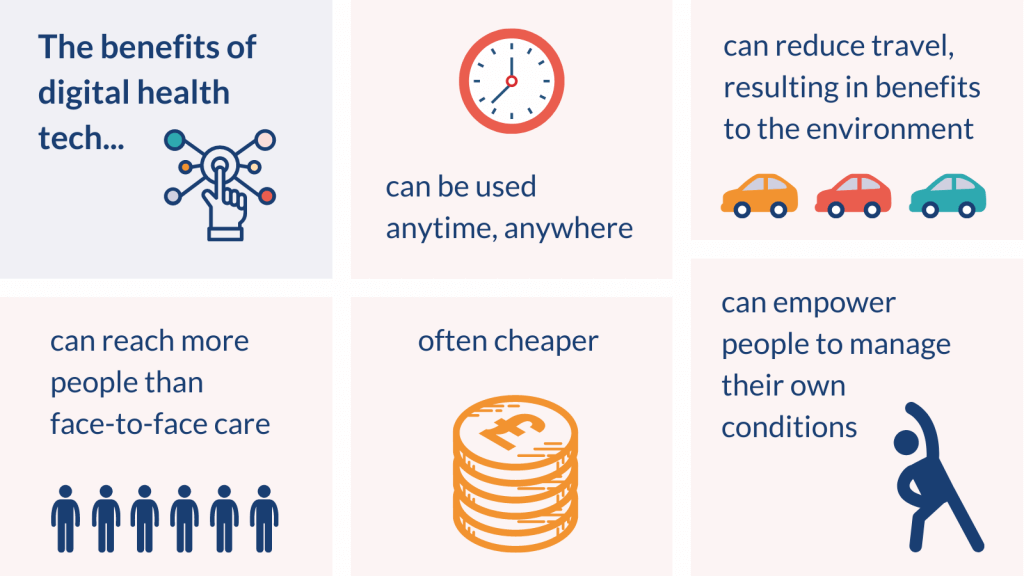
Digital healthcare will also allow doctors and nurses to use data from other medical professionals as part of their diagnosis process–for example, if one doctor notices something unusual during an examination of your heart, another doctor could look at the same image via computer screen and offer his opinion based on what he sees there; this kind of collaboration helps ensure accurate diagnoses while improving efficiency at every step along the way.
The digital healthcare revolution will have a number of benefits for doctors and nurses. It will make them more efficient, accessible, accurate and affordable.
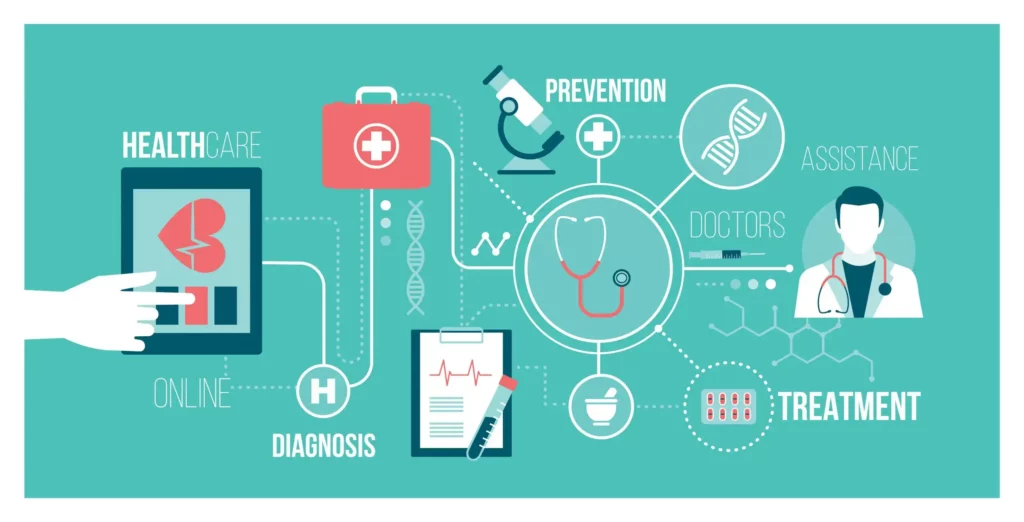
FURTHER READING: |
1. Healthcare UX Design: Innovative Approaches to User Experience |
2. What is Healthcare Data Analytics? A Detailed Guide |
3. The Importance of Using a CRM for Healthcare Centers |
The healthcare industry is changing, and it’s time for you to change with it.
The medical industry is one that has largely been resistant to change in recent years. While other industries have been adapting to new technology and adopting new practices, the medical field has remained mostly unchanged. However, this is starting to change as more physicians are realizing that their methods of treatment need updating so they can provide better care for their patients.
Healthcare is a $3 trillion industry. The medical industry has been slow to adopt new technologies, but it’s changing. The healthcare system is changing, and this transformation will affect your life in ways you never expected.
You may not realize how much of an impact digital health can have on your life until you start seeing changes in the way doctors treat patients and how patients interact with their doctors. This trend won’t stop; it will only continue growing stronger as we move forward into an increasingly digitized world where technology plays a bigger role than ever before in our daily lives and especially when it comes to our well-being!
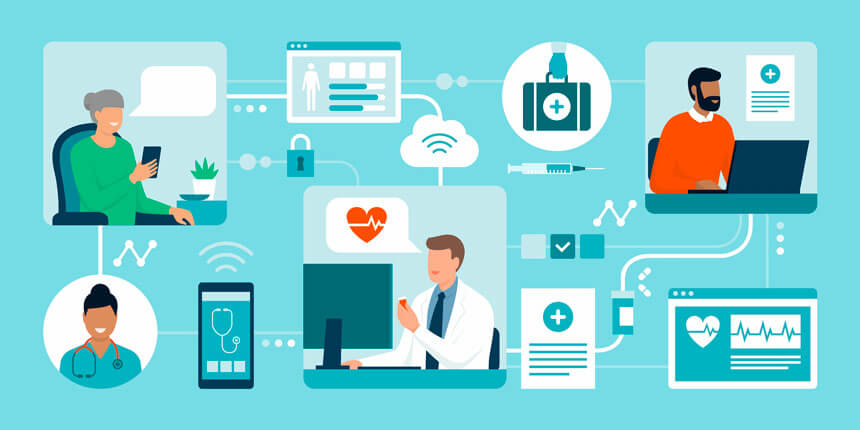
Digital healthcare is a way to improve the quality of care and patient experience. It’s also a way to make healthcare more accessible, reduce costs, improve the speed of treatment, and make everything more efficient.
Digital healthcare is a new way of delivering healthcare. It’s about using technology to deliver better patient care, which can help patients by making their lives easier. For example, digital health tools can help you manage chronic conditions like diabetes or hypertension by tracking your blood glucose levels and medication adherence. If you’re uninsured or underinsured, these apps could also provide financial assistance through government-funded programs such as Medicare Advantage or Medicaid managed care plans that offer free or low-cost services to those who qualify based on income level (Medicaid).
The medical industry has been slow to adopt new technologies, but this is soon going to change. The healthcare industry is undergoing a massive transformation as it moves from analog to digital. The shift towards digital healthcare will have far-reaching consequences for both patients and providers, who must adapt or be left behind in this rapidly changing market.
Digital healthcare is a great way to improve the quality of care and access to medical services. It has many benefits for patients, doctors, and nurses alike. The medical industry has been slow to adopt new technologies but this is soon going to change as more people become aware of how digital healthcare can benefit them.
As we conclude this discussion on the transformative power of healthcare software development, our experience at Designveloper offers valuable insights into how technology can revolutionize the healthcare industry. Our journey in developing cutting-edge healthcare software solutions has taught us the critical role that technology plays in enhancing patient care, improving outcomes, and making healthcare services more accessible and efficient.
At Designveloper, we’ve been at the forefront of healthcare software development, creating solutions that are not only innovative but also secure, user-friendly, and compliant with healthcare regulations.














